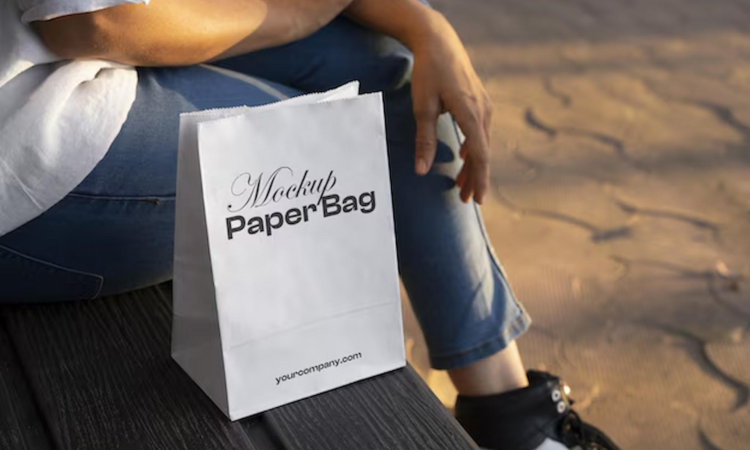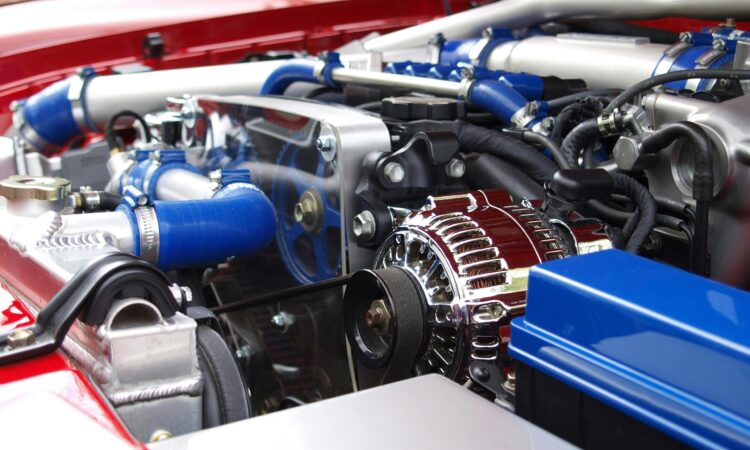How You Can Help Prevent Sewage Overflows

Most towns and cities have combined sewer systems, meaning rainwater and wastewater are carried through the same pipes. Rainwater and wastewater are not treated at the same rate, so when the volume of water entering a combined sewer exceeds the system’s capacity, the result is a sewage overflow.
When sewage overflows into public spaces, it is often a source of E. coli and other harmful bacteria. Animal waste can also find its way into local waterways, which can cause the growth of toxic algae.
Sewage overflows are a problem that many towns and cities across the world face. This issue affects not only the environment but also the health of our communities.
Conserve water
Water is a precious commodity. But it’s also a rather abundant resource. And, despite the fact that there seems to be plenty of water in the world, many communities around the country are experiencing severe water shortages. In fact, a recent survey revealed that 35 percent of all Americans are very worried — or extremely worried — about the availability of clean, fresh water. This has led to a number of water conservation efforts.
Most of the water in your home flows down the drain. More water is used outdoors, and even more, water is used in your yard. Just a few minutes of watering can waste gallons of clean water. There are simple ways to save water when watering your lawn and to wash your car. By conserving water, you’ll be preventing sewage overflows and saving money on your water bill.
Promote wastewater treatment in your community
Sewage overflows are a major concern for communities all over the world. And, as climate change continues, the number of sewage overflow events is expected to increase. In fact, in Canada, these events have already increased over the past two decades. Every summer, an estimated 2.6 billion litres of untreated wastewater are released into our lakes, rivers and streams, which can have significant impacts on the health of our waterways and the wildlife that depend on them. Luckily, there are actions that people can take to help prevent these overflows and keep our lakes, rivers and streams healthy and safe.
While there is still a lot to do, communities are getting smarter about their water and working together to protect it. One way to help prevent these overflows is by promoting domestic wastewater treatment in your community.
Collect and use rainwater
Usually, the first thing people think of when they think of water conservation is their water bill, but they don’t realize that they can use rainwater to reduce their water consumption. One way to collect rainwater is to use a rain barrel or cistern. Rainwater can be used for watering the garden, washing the car, and flushing the toilet. Most of the rainwater can be collected from the roof of your home or building.
Take special care in the design and construction of the rain storage tank. Ensure the storage tank or pit is designed, constructed, and maintained to prevent the entrance of surface water, sediment, or other contaminants into the tank or pit and that the tank or pit is properly maintained.
Don’t dump unusual things down the toilet
Most sewer systems are made of cement and clay pipes. These pipes only have a certain volume capacity, and if they get too full, they can get clogged and cause a sewage overflow. Sewers are typically designed to handle a certain amount of flow and pressure. If the amount of flow or pressure exceeds this capacity, the sewers can be overwhelmed.
When it comes to sewage overflows, there are some things you should never flush down the toilet. For example, condoms, sanitary napkins, cigarette butts, facial tissue and paper towels. These things should be thrown in the garbage. It might seem like they’ll break down, but they don’t. Instead, they just get bigger and bigger until the pipes are too clogged to handle the amount of water that’s supposed to go through them. You can get drain cleaning services to periodically reduce sewage overflow and improve the flow of your household drains.
Avoid fats and grease
Did you know that fats and greases are the number one cause of sewer overflow into our waterways? It is estimated that over 60% of household sewer backups and overflows are because of fats and grease. The fats and grease that we pour down our drains are not water soluble, and instead of going down the drain, it sticks to the pipes. Fats, oils and grease build-up and harden in our pipes and sewer mains. Grease and fats, like bacon grease, chicken grease, meat drippings, dairy products, and egg yolks, should be poured into a metal container and thrown in the trash.



